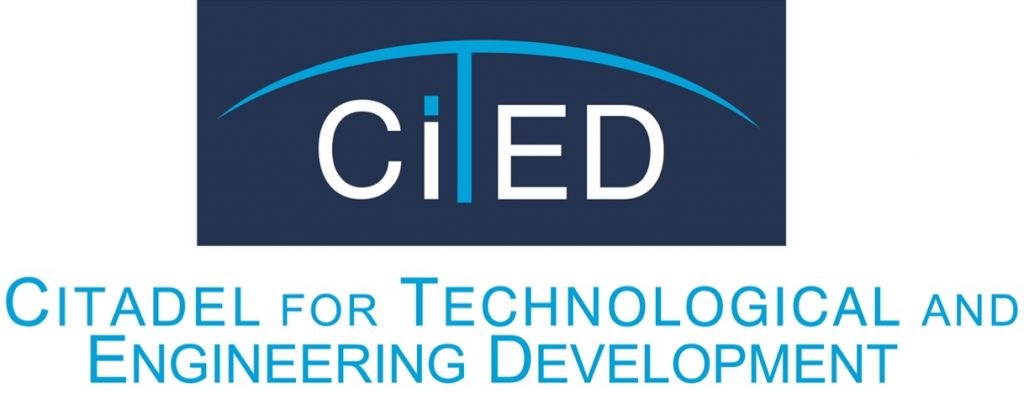This comprehensive 3-day training program provides a thorough understanding of essential electrical equipment used in various industrial and power systems environments. Participants will learn the principles of transformers, inverters, rectifiers, UPS systems, circuit breakers, and fuses.

Introduction:
This comprehensive 3-day training program provides a thorough understanding of essential electrical equipment used in various industrial and power systems environments. Participants will learn the principles of transformers, inverters, rectifiers, UPS systems, circuit breakers, and fuses.
Objectives:
The primary objective of this training is to equip participants with the knowledge and skills to:
- Understand the fundamental working principles and characteristics of various electrical equipment.
- Select the appropriate equipment based on specific application requirements.
- Apply best practices for the installation, operation, and commissioning of electrical equipment.
- Identify and troubleshoot common problems and malfunctions.
- Implement effective preventive and predictive maintenance programs to optimize equipment performance and longevity.
Content:
Day 1: Transformers and Power Conversion
- Transformer fundamentals, voltage ratios, impedance, and types
- Cooling methods and construction
- Applications and selection guidelines
- Preventative maintenance, inspection, and testing
- Principles of power conversion (AC/DC and DC/AC)
- Specification, selection, and applications
- Troubleshooting and diagnostics
Day 2: Protection and Power Backup
- Design, operating principles, and different types
- Selection criteria and coordination
- Installation, testing, and maintenance
- Fuse types, characteristics, and applications
- Coordination principles and selection guidelines
- UPS topologies, design, and components
- Installation, maintenance, and battery management.
Day 3: Troubleshooting, Maintenance, and Safety
- Common fault scenarios for each equipment type
- Advanced diagnostic techniques (e.g., insulation resistance, partial discharge, etc.)
- Troubleshooting methodologies and best practices
- Critical components and failure modes
- Scheduled maintenance tasks and practices
- Maximizing equipment efficiency and reliability
Conclusion:
Upon completion, participants will have gained actionable knowledge to select, operate, troubleshoot, and maintain key electrical equipment This will lead to improved system reliability, efficiency, and safety within their organization.

